The Cane Corso, a majestic and powerful breed, is known for its muscular build and noble demeanor. As a large breed with specific dietary needs, owners must understand the best nutritional practices to ensure their health and longevity. This comprehensive guide focuses on the ideal diet for Cane Corsos, aiming to provide owners with the knowledge needed to nourish these magnificent dogs properly.
Understanding Cane Corso’s Nutritional Needs
Cane Corsos require a diet that supports their large size, high energy levels, and muscular build. A well-balanced diet for a Cane Corso includes proteins, fats, carbohydrates, vitamins, and minerals. Protein is vital for muscle maintenance, fats aid in healthy skin and coat, carbohydrates offer additional power, and fiber ensures good digestive health.
Our 5 Top Foods for Cane Corsos
The diets were selected by our founder Justin Palmer, a certified canine nutrition expert, specifically with Cane Corsos in mind:
High-Quality Protein: Essential for Muscle Health
Protein is crucial in a Cane Corso’s diet, especially for maintaining muscular muscle mass. High-quality sources like chicken, beef, fish, and eggs provide the essential amino acids for their wellbeing. Alternative protein sources such as lamb or fish are good options for dogs with sensitivities.
The Role of Fats in a Cane Corso’s Diet
Fats are essential for Cane Corsos, providing energy and supporting skin and coat health. Omega-3 and omega-6 fatty acids are beneficial in sources like fish oil and flaxseed. However, the fat content should be carefully regulated to avoid obesity, a common issue in larger breeds.
Carbohydrates and Fiber for Digestive Health
Carbohydrates provide energy and contain fiber, which is crucial for a Cane Corso’s digestive health. Sources like brown rice, vegetables, and certain fruits offer healthy carbohydrates and fiber. However, carbohydrate intake should be monitored to maintain a healthy weight.
Essential Vitamins and Minerals
A balanced diet for a Cane Corso must include the right vitamins and minerals to support their overall health. These nutrients aid in immune system functioning, bone health, and metabolic processes. High-quality commercial dog foods usually include these essential nutrients.
The Importance of Hydration
Hydration is as crucial as food for Cane Corsos. They should always have access to clean water to prevent dehydration, which can lead to serious health issues.
Feeding Schedule and Portion Control
Cane Corsos benefits from a structured feeding schedule, typically two meals daily. Portion control is essential to prevent overfeeding and obesity. The amount of food should be based on their age, weight, and activity level and adjusted as needed.
Special Dietary Considerations for Cane Corso Puppies
Cane Corso puppies have different dietary needs than adult dogs. They require more calories and nutrients to support their rapid growth and development. Puppy-specific formulas, especially those designed for large breeds, are recommended.
Managing Common Health Issues Through Diet
Cane Corsos are prone to specific health issues like hip dysplasia, bloat, and obesity. A diet that supports joint health is easy to digest and calorie-controlled can help mitigate these risks.
Choosing the Right Food: Dry Kibble vs. Wet Food
The right food type for a Cane Corso depends on individual needs and preferences. Dry kibble is often recommended for its convenience and dental benefits, while wet food can be more palatable and hydrating. Some owners opt for a combination of both.
Supplementing Your Cane Corso’s Diet
While a balanced diet should provide most nutrients, some Cane Corsos might benefit from supplements like glucosamine for joint health, omega-3 fatty acids for skin and coat health, and probiotics for digestive health. Consultation with a vet is vital before adding supplements.
Human Foods: Safe and Unsafe for Cane Corso
Certain human foods, such as lean meats, some vegetables, and fruits, can be safe for Cane Corsos in moderation. However, avoiding foods that are toxic to dogs, like chocolate, grapes, onions, and foods containing xylitol is essential.
An ideal diet for a Cane Corso fulfills its unique nutritional needs and helps prevent common breed-specific health issues. A balance of proteins, fats, carbohydrates, vitamins, minerals, and plenty of water contributes to their overall health and well-being. Regular consultation with a veterinarian can ensure that your Cane Corso’s diet meets their evolving needs, supporting a long and healthy life.
What Health Issues Are Cane Corsos Prone To, and How Can a Proper Diet Help?
Cane Corsos, renowned for their strength and loyalty, is robust but is not immune to health issues. Their large size and strong build necessitate specific dietary needs to prevent and manage health concerns. This comprehensive guide explores the common health issues in Cane Corsos, and the significant role diet plays in addressing these concerns.
Joint Health Challenges in Cane Corsos
A prevalent issue in Cane Corsos is joint problems, including hip and elbow dysplasia. A diet rich in omega-3 fatty acids, glucosamine, and chondroitin can support joint health and reduce inflammation. Keeping your Cane Corso at a healthy weight through a balanced diet is also crucial to lessen the stress on their joints.
The Threat of Obesity and Its Management
Cane Corsos are prone to obesity, which can exacerbate joint issues, lead to diabetes, and put a strain on the cardiovascular system. A diet with controlled calories, balanced nutrients, and regular exercise is essential. Portion control and minimal high-calorie treats are vital to maintaining a healthy weight.
Gastric Torsion: A Serious Concern
Gastric torsion, or bloat, is a life-threatening condition particularly concerning for large breeds like Cane Corsos. Feeding smaller, more frequent meals and avoiding vigorous exercise around feeding times can help prevent it. Foods that are easy to digest and don’t produce excessive gas are also beneficial.
Skin and Coat Health: Nutritional Influence
Cane Corsos can suffer from skin allergies and poor coat conditions. A diet rich in essential fatty acids, particularly omega-3 and omega-6, can improve skin health and promote a glossy coat. Hypoallergenic diets can also help manage skin allergies.
Heart Health and Diet in Cane Corsos
Heart disease, including dilated cardiomyopathy, is a concern in Cane Corsos. A diet low in sodium and rich in heart-healthy nutrients like taurine and L-carnitine can support cardiac function. Regular veterinary check-ups are crucial for early detection and management.
The Role of Diet in Digestive Health
Digestive issues, including sensitivity and flatulence, can be expected in Cane Corsos. A diet with easily digestible proteins and the right balance of fiber can promote good digestive health. Probiotics may also aid in maintaining a healthy gut.
Preventing Diabetes Through Proper Nutrition
While less common in Cane Corsos, diabetes can develop, particularly with improper diet and obesity. A diet low in fats and simple carbohydrates, high in fiber, and balanced in calories can help manage blood sugar levels and reduce the risk of diabetes.
The Impact of Diet on Allergies
Cane Corsos can experience food allergies, leading to skin and digestive issues. Identifying and eliminating allergens from the diet is crucial. Hypoallergenic diets or novel protein sources can benefit dogs with food allergies.
Bone Health: Importance of Balanced Nutrition
Proper bone development and health are crucial, especially in growing Cane Corso puppies. Diets with the correct balance of calcium and phosphorus are essential. It’s critical to avoid over-supplementation, as it can lead to developmental issues.
Nutritional Needs of Senior Cane Corsos
As Cane Corso’s age, their dietary needs change. Senior dogs may need diets lower in calories but higher in fiber and essential nutrients like omega-3 fatty acids and antioxidants. Adjusting their diet to these changing needs is vital for their overall health.
Conclusion
Understanding the health issues Cane Corsos are prone to and the significant impact of diet in managing these conditions is critical to ensuring a healthy life for these noble dogs. A balanced diet tailored to their specific needs and regular veterinary check-ups can help mitigate many of the health risks they face. Remember, each Cane Corso is unique, and their dietary needs may vary, so it’s essential to consult a veterinarian for personalized advice.
Frequently Asked Questions About Feeding Cane Corsos
1. What is the best type of food for a Cane Corso?
The best diet for a Cane Corso is high-quality, balanced, protein-rich dog food. It should include real meat as the first ingredient and be suitable for their age, size, and activity level. Foods with excessive fillers or artificial additives should be avoided.
2. How much should I feed my Cane Corso each day?
The amount of food for a Cane Corso varies based on age, weight, and activity level. Generally, adult Cane Corsos require about 4 to 6 cups of dry food per day, divided into two meals. It’s important to adjust this amount based on the dog’s needs and consult a veterinarian to ensure proper portion sizes.
3. Can Cane Corsos eat a grain-free diet?
Grain-free diets can be suitable for Cane Corsos, especially if they have allergies or sensitivities to grains. However, ensuring they still receive a balanced diet with all the necessary nutrients is essential. Consult with a veterinarian before switching to a grain-free diet.
4. Is it safe to feed my Cane Corso human food?
Some human foods are safe for Cane Corsos in moderation, such as plain, cooked meats, certain vegetables, and fruits. However, avoid feeding them onions, chocolate, grapes, and foods containing xylitol, as these can be harmful.
5. How often should I feed my Cane Corso?
Cane Corsos should ideally be fed twice a day – once in the morning and once in the evening. This helps manage hunger, maintain consistent energy levels, and prevent bloat, a severe condition for this breed.
6. What supplements should I consider for my Cane Corso?
Some Cane Corsos may benefit from supplements like fish oil for omega-3 fatty acids, glucosamine and chondroitin for joint health, and probiotics for digestive health. However, always consult a veterinarian before adding supplements to ensure they are necessary and given in the correct dosage.
7. Can Cane Corsos be vegetarian?
Feeding a Cane Corso on a vegetarian diet can be challenging, as it may not provide all the nutrients they need, particularly protein. If considering a vegetarian diet, it should only be done under strict veterinary supervision.
8. How can I tell if my Cane Corso is overweight?
An overweight Cane Corso may have a less visible definition in the waist, and you might not be able to feel their ribs quickly. Regular check-ups with a vet and monitoring their body condition can help determine if they are overweight.
9. What should I feed my Cane Corso puppy?
Cane Corso puppies should be fed a high-quality formula rich in protein and fats to support their rapid growth. Choose a formula for large breeds to ensure proper bone and joint development.
10. Can I change my Cane Corso’s diet quickly?
It’s best to gradually transition your Cane Corso to a new diet over a week or more. Start by mixing a small amount of the fresh food with the old, gradually increasing the fresh food and decreasing the old to avoid gastrointestinal upset.
11. How does diet affect my Cane Corso’s health?
A proper diet is crucial in preventing obesity, maintaining joint health, supporting digestive health, and ensuring a healthy coat and skin in Cane Corsos. A balanced diet can also reduce the risk of chronic diseases like bloat and heart problems.
12. Should I feed my Cane Corso wet or dry food?
Both wet and dry foods are suitable for Cane Corsos. Dry food can help with dental health and is often more calorie-dense, while wet food can be more palatable and hydrating. Some owners choose a combination of both for variety.
13. What are the signs of food allergies in Cane Corsos?
Signs of food allergies in Cane Corsos can include itchy skin, ear infections, chronic diarrhea, and vomiting. If you suspect your Cane Corso has a food allergy, consult a vet who may recommend an elimination diet to identify the allergen.
14. How do I know if my Cane Corso’s diet is nutritionally balanced?
A nutritionally balanced diet for a Cane Corso should result in a healthy weight, a shiny coat, regular bowel movements, and overall good health. If you have concerns about your Cane Corso’s diet, consult a veterinarian for advice and dietary adjustments.
15. Can Cane Corsos have dairy products?
Some Cane Corsos can tolerate small amounts of dairy products, but many are lactose intolerant. Dairy can cause gastrointestinal upset in these dogs, so avoiding or limiting dairy products is best. If you give dairy, start with small amounts and monitor for adverse reactions.
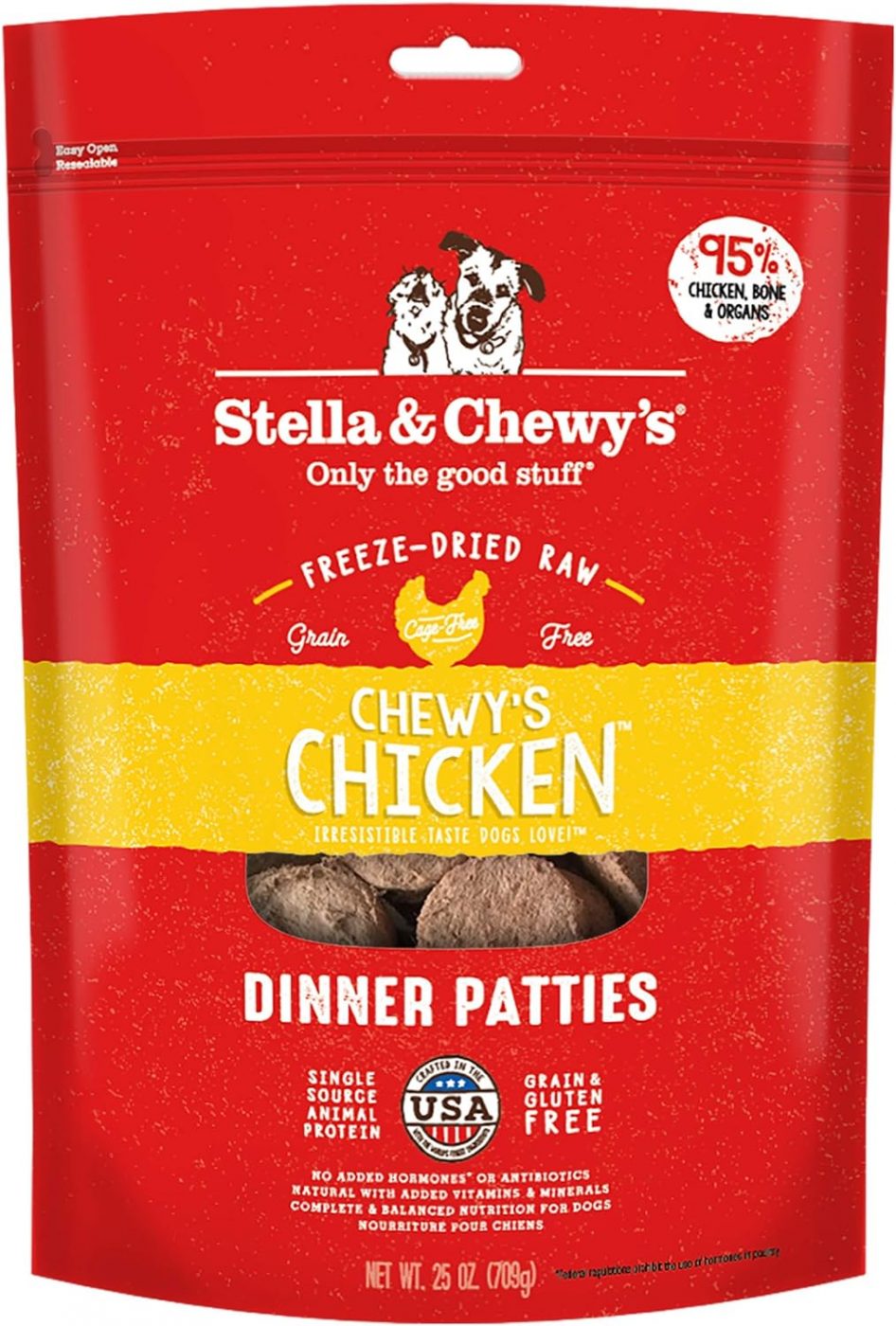
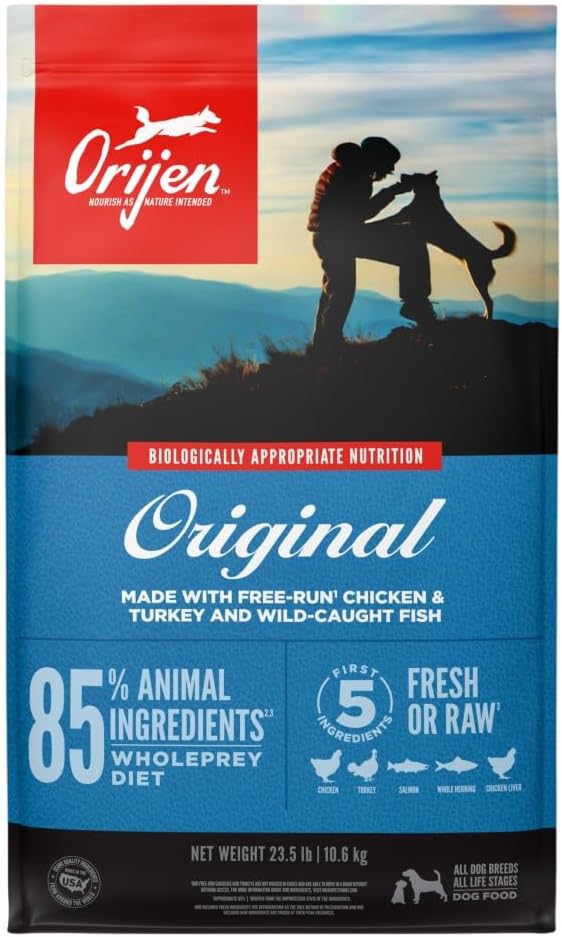
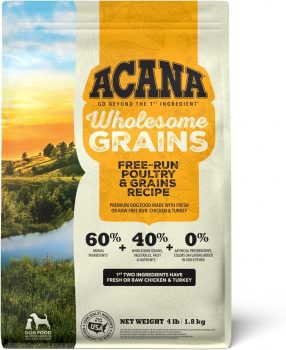
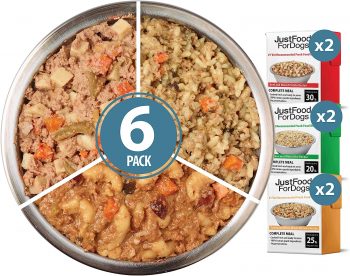
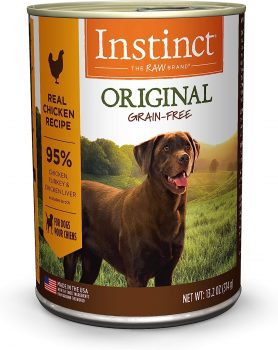
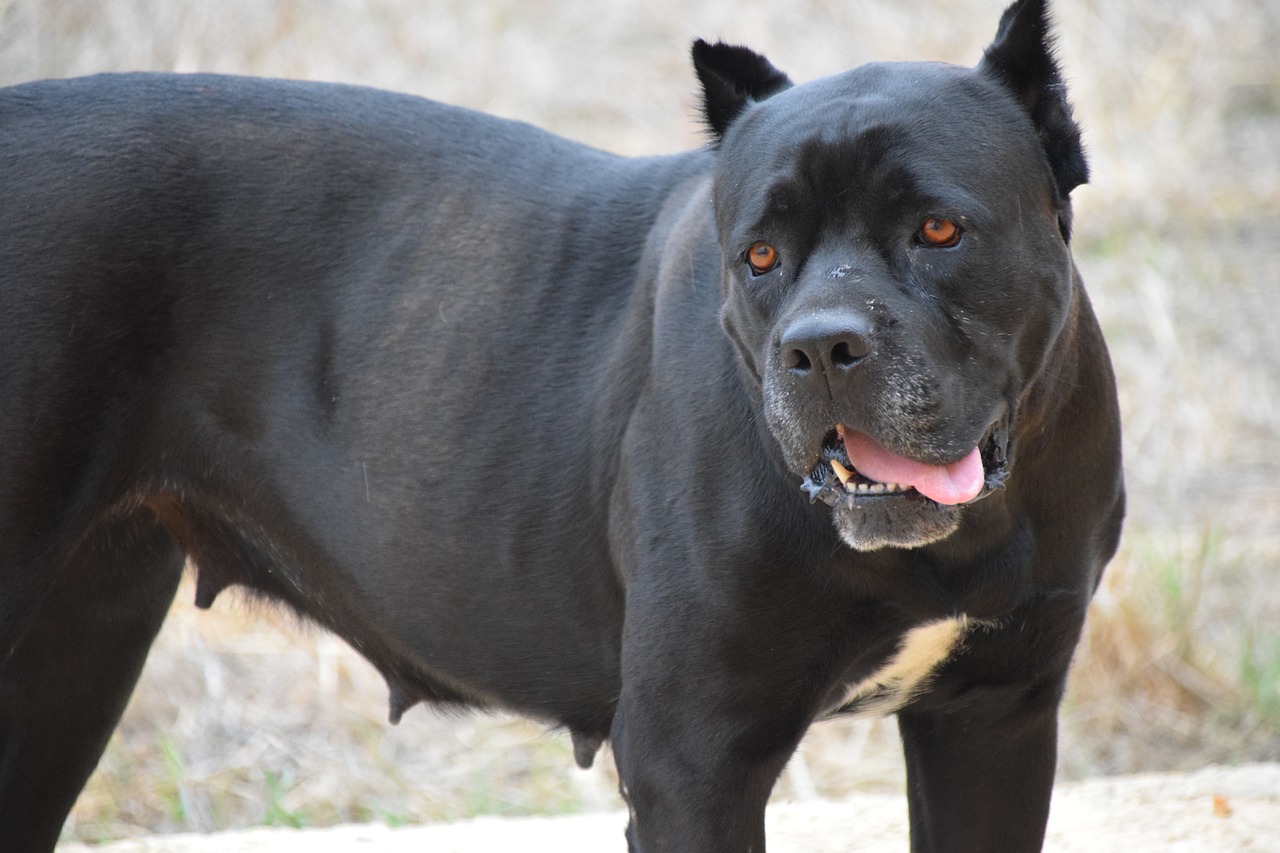
 Toledo, United States.
Toledo, United States.